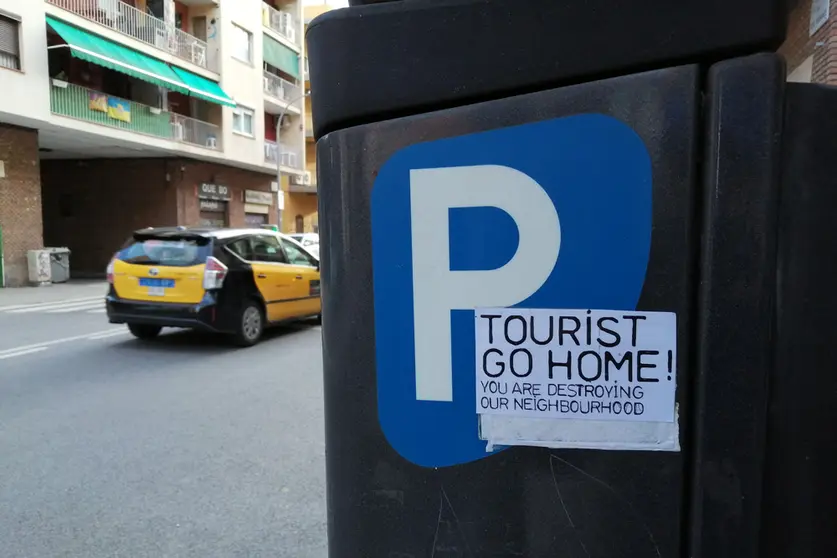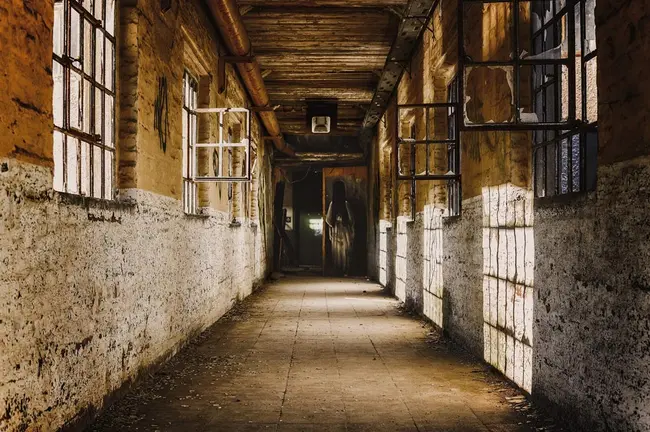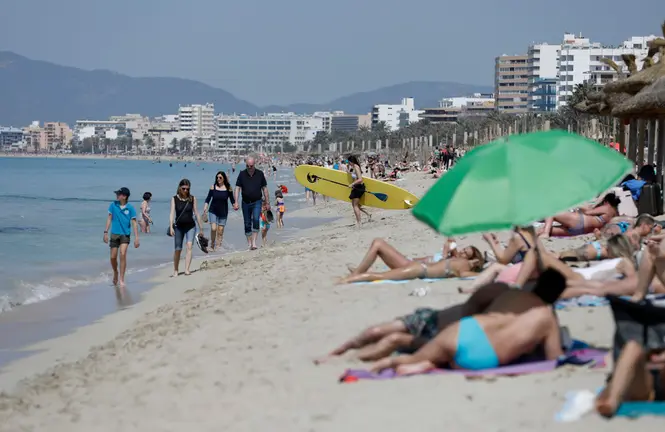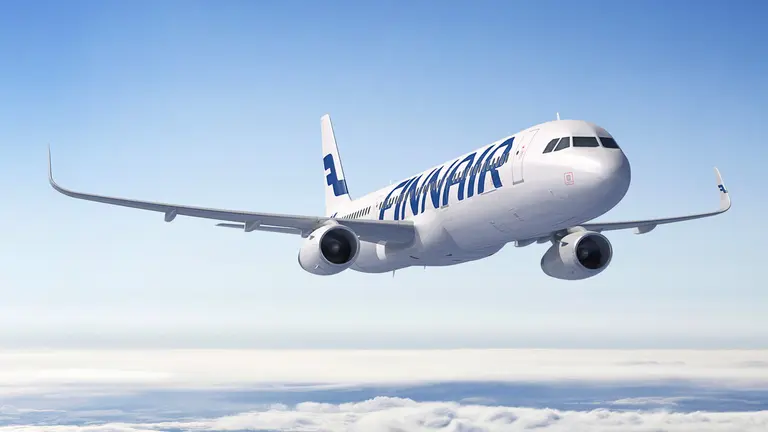Almost all restrictions derived from the Covid-19 pandemic have been lifted and Spain is preparing to receive millions of visitors again. In March, the number of arrivals increased eightfold compared to the same period last year, an indicator that anticipates a very busy summer, if the war does not cause more damage to the travel sector.
But with the return of mass tourism, a phenomenon that pits locals against tourists, and even locals against each other, is also being reactivated in some overcrowded destinations: the movement that rejects mass tourism.
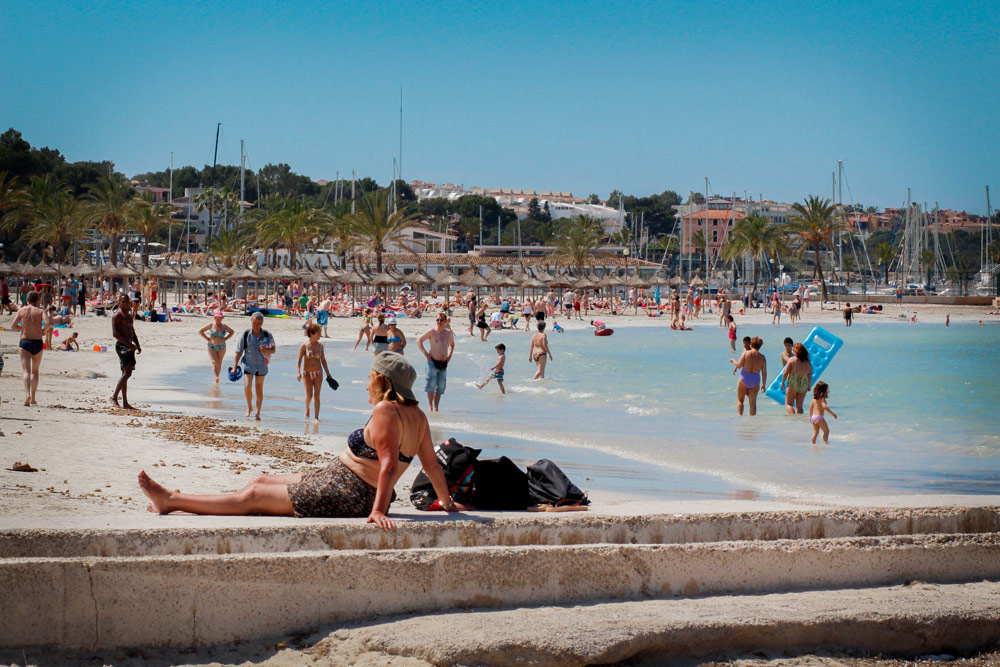
Why are some people rejecting tourism, even when it is such an important source of income for the Spanish economy? The answer lies in the problems related to the massive arrival of visitors in some cities and neighbourhoods.
One of the most important problems is the sharp increase in the rental price of housing. As a result of the advent of very profitable holiday rental flats, permanent residents have to struggle to find a suitable flat at an affordable price. The Rental Housing Price Index (RHPI) shows how prices have risen across Spain since 2015.
If the RHPI value in 2015 was 100, five years later it is between 105 and 113 in every region. And the most affected areas are some of the main tourist destinations: the Balearic Islands, Catalonia, the Valencian Community and Madrid.
Fights, balconing
But the problems do not only have to do with rents. Sometimes the locals also have to put up with the bad behavior of some tourists, related to excessive alcohol consumption, which leads them to do things that they would not do in their places of origin. Residents of tourist areas protest every summer against excessive noise at night, fights in the streets or illegal gatherings of people drinking outdoors, among other issues.
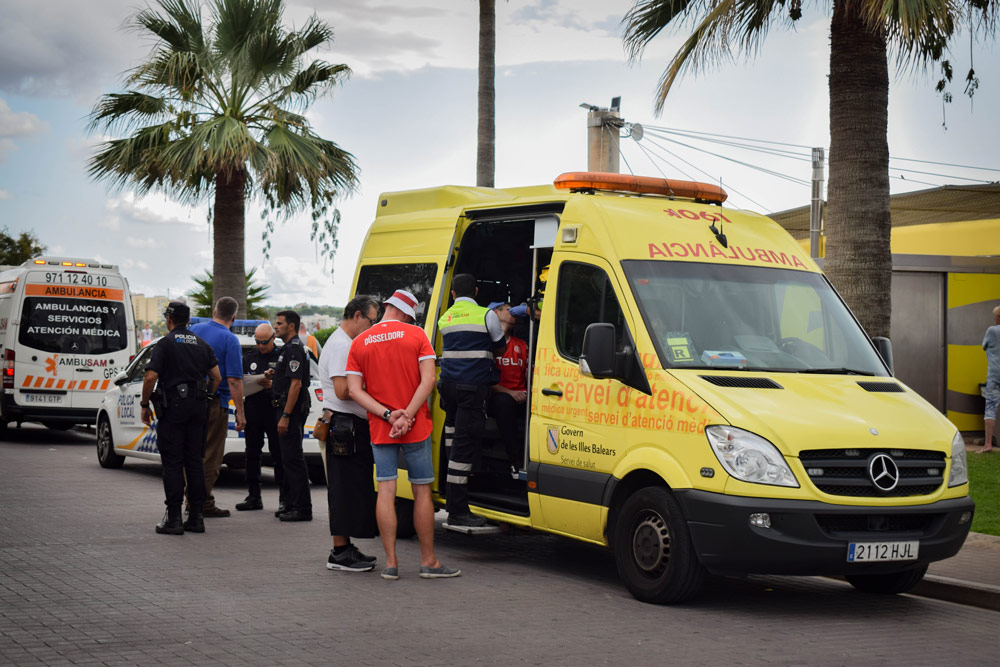
Another problem is that every summer there are deadly consequences linked to excessive drinking. 'Balconing' is the word created in Spain to refer to accidents when tourists jump from hotel balconies. It can happen when trying to get from one room to another, jumping into the pool from an upper floor of the hotel, or just because some people are so drunk that they accidentally fall.
The CO₂ footprint
Another issue related to tourism is the ecological footprint. The Mallorcan association Terraferida stated that between 1993 and 2018 the planes going to and from Palma airport emitted 93 million tons of CO₂. But there are other sources of criticism.
The airports of Spain have received almost every year - excluding the years of the Covid-19 restrictions - a growing number of passengers. In 2019, 275 million travelers were recorded, according to data from Aena, the Spanish operator that manages national airports. These are 87 million more passengers than just 10 years before.
The greater the number of passengers, the greater the space needed for the planes. At some point, some airports are considering the need to expand their facilities. This was the case of the Barcelona El Prat airport, but massive protests stopped the project.
The Zeroport platform criticized that the expansion would have affected the green area of the Delta del Llobregat, right next to the runway. In addition, they considered this plan as a mere "speculative operation" to improve financial results.
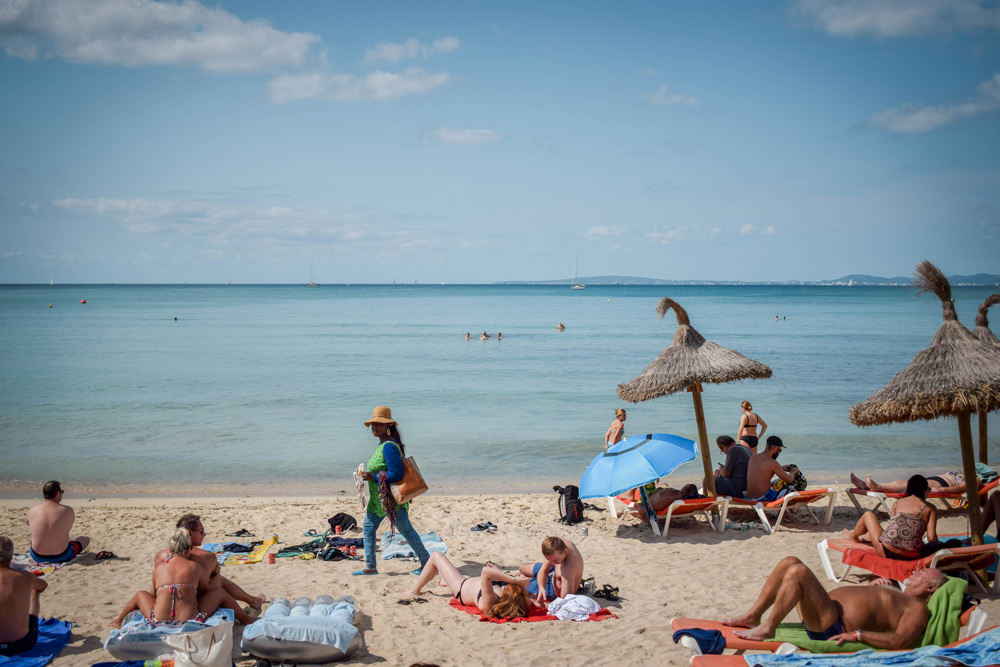
The cruises
Cruise ships are also not viewed positively by some people, as they bring a large number of visitors to the same place in a short time and cause environmental problems. A study by Terraferida reveals that 77,000 tons of oil are burned in the port of Palma over 15 months.
Some governments have already started to adjust the capacities of their ports. The Balearic Islands have just announced that they are going to limit the number of cruise ships in the port of Palma to three per day, becoming the second destination in the Mediterranean Sea to cap the arrival of this type of ship. The first port to do so was Dubrovnik, Croatia.
If some people in tourist areas are fed up with the overcrowding of visitors, what is the solution? There have been many discussions about diversifying the economy, but no big changes are happening yet. Meanwhile, the controversy is served one more year.
*Pablo Morilla is a journalist, author of the blog Michan en Finlandia







